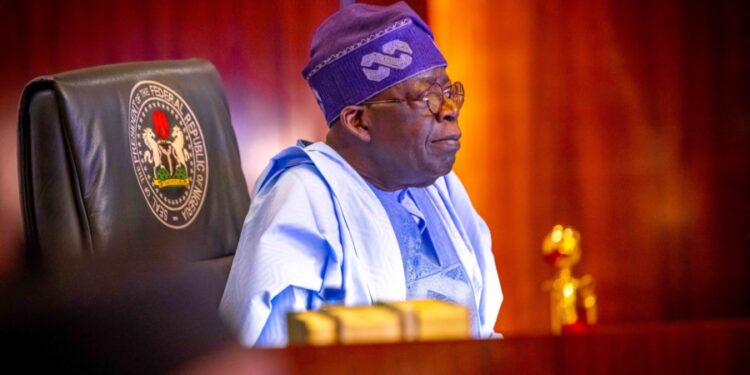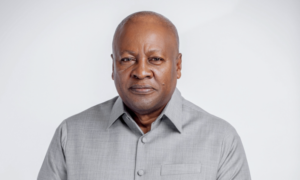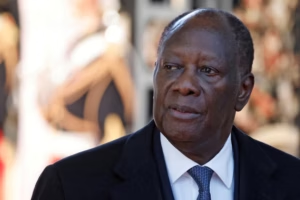
The World Bank has said that Nigeria is projected to save up to $5.1 billion (N3.9 trillion) in 2023 alone after the removal of fuel subsidy and reforms of its foreign exchange market.
The Bretton Wood institution which acknowledged the projected fiscal gains as a result of the 2 policies, however, warned of growing inflationary pressures in the short term.
This was made known by the World Bank lead economist for Nigeria, Alex Sienaert, during a presentation at an event organized by the bank to assess the country’s economy in the last 6 months on Tuesday in Abuja, noting that savings from the reforms did not amount to a fiscal windfall.
Sienaert also said that the gains from these policies are expected to reach over N21 trillion between 2023 and 2025.
What the World Bank Lead Economist is saying
Sienaert had further projected that the petroleum subsidy removal is likely to lead to an increase in inflation in the upcoming months before contributing to disinflation in the medium term.
- He said, “They stop Nigeria from going over what you might call the fiscal cliff. They really set the stage for a new and an upward trajectory in terms of Nigeria’s development path.’’
On the exchange rate, the World Bank Senior Economist said that the previous foreign exchange management approach impeded investment and growth, contributed to inflation and undermined the efficacy of the monetary and fiscal policies.
He said Nigeria should remove restrictions that had been placed on a list of 43 items, including sugar and flour, which the apex bank directed cannot be allocated dollars at the official rate, in order to deepen foreign exchange reforms.
Reforms painful but key to rebuilding economy
Also, speaking at the occasion, the World Bank Country Director for Nigeria, Dr Subham Chadhuri, said the international financial institution is in support of the Federal Government’s removal of fuel subsidy and exchange rate unification.
Chadhuri explained that the policy though painful remains key to rebuilding the economy of the nation.
He further stated that the World Bank’s concessionary funding to Nigeria currently stands at over $10 billion.



